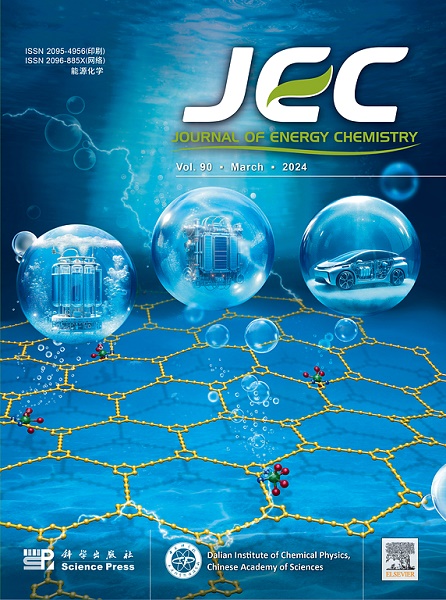Experimental approaches for carbon corrosion analysis in automotive-PEM fuel cells
IF 13.1
1区 化学
Q1 Energy
引用次数: 0
Abstract
This paper provides a comprehensive review of various experimental methods used to study carbon corrosion in automotive polymer exchange membrane fuel cells. Quantifying the extent of carbon corrosion is essential for advancing the technology and implementing effective mitigation strategies. While studying degradation events directly within a real-world fuel cell vehicle offers the most reliable insights, the high costs and time demands make it necessary to develop specialised experimental techniques that provide high-resolution data more efficiently and cost-effectively. This review explores the various experimental approaches utilised in automotive application induced carbon corrosion studies globally, including load profiles, test setups, break-in procedures, and cell recovery protocols. In this paper, emphasis is placed on the standardised procedures proposed by leading institutions worldwide, accompanied by critical discussions on these protocols. Furthermore, the paper highlights modified or innovative procedures developed by smaller institutions, universities, and individual researchers, thereby offering a comprehensive overview essential for carbon corrosion analysis. The review also discusses the fundamental principles, benefits, and limitations of various procedures, offering guidance on selecting the most appropriate approach for a given study. Lastly, it addresses the limitations within the current body of literature and outlines potential future prospects.

求助全文
约1分钟内获得全文
求助全文
来源期刊

Journal of Energy Chemistry
CHEMISTRY, APPLIED-CHEMISTRY, PHYSICAL
CiteScore
19.10
自引率
8.40%
发文量
3631
审稿时长
15 days
期刊介绍:
The Journal of Energy Chemistry, the official publication of Science Press and the Dalian Institute of Chemical Physics, Chinese Academy of Sciences, serves as a platform for reporting creative research and innovative applications in energy chemistry. It mainly reports on creative researches and innovative applications of chemical conversions of fossil energy, carbon dioxide, electrochemical energy and hydrogen energy, as well as the conversions of biomass and solar energy related with chemical issues to promote academic exchanges in the field of energy chemistry and to accelerate the exploration, research and development of energy science and technologies.
This journal focuses on original research papers covering various topics within energy chemistry worldwide, including:
Optimized utilization of fossil energy
Hydrogen energy
Conversion and storage of electrochemical energy
Capture, storage, and chemical conversion of carbon dioxide
Materials and nanotechnologies for energy conversion and storage
Chemistry in biomass conversion
Chemistry in the utilization of solar energy
 求助内容:
求助内容: 应助结果提醒方式:
应助结果提醒方式:


